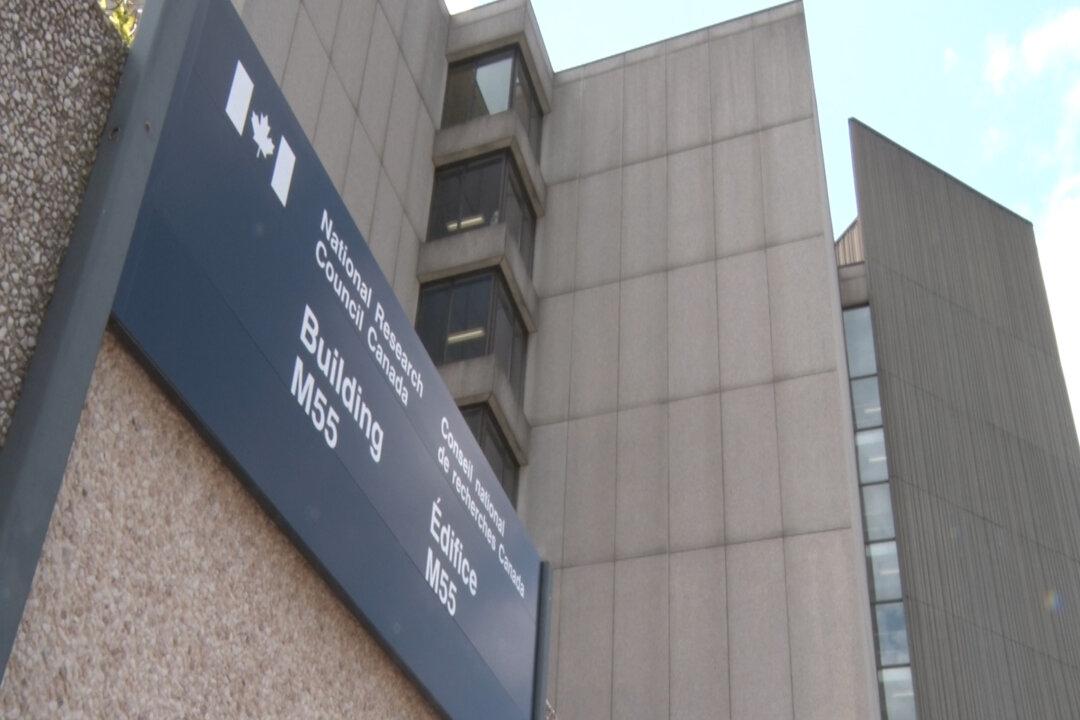Pharmaceutical companies were given over $85 million in subsidies from the National Research Council Canada (NRC) at the beginning of the COVID-19 pandemic, according to government records.
The figures were provided in the government’s official response to an Inquiry of Ministry tabled by NDP MP Peter Julian.





